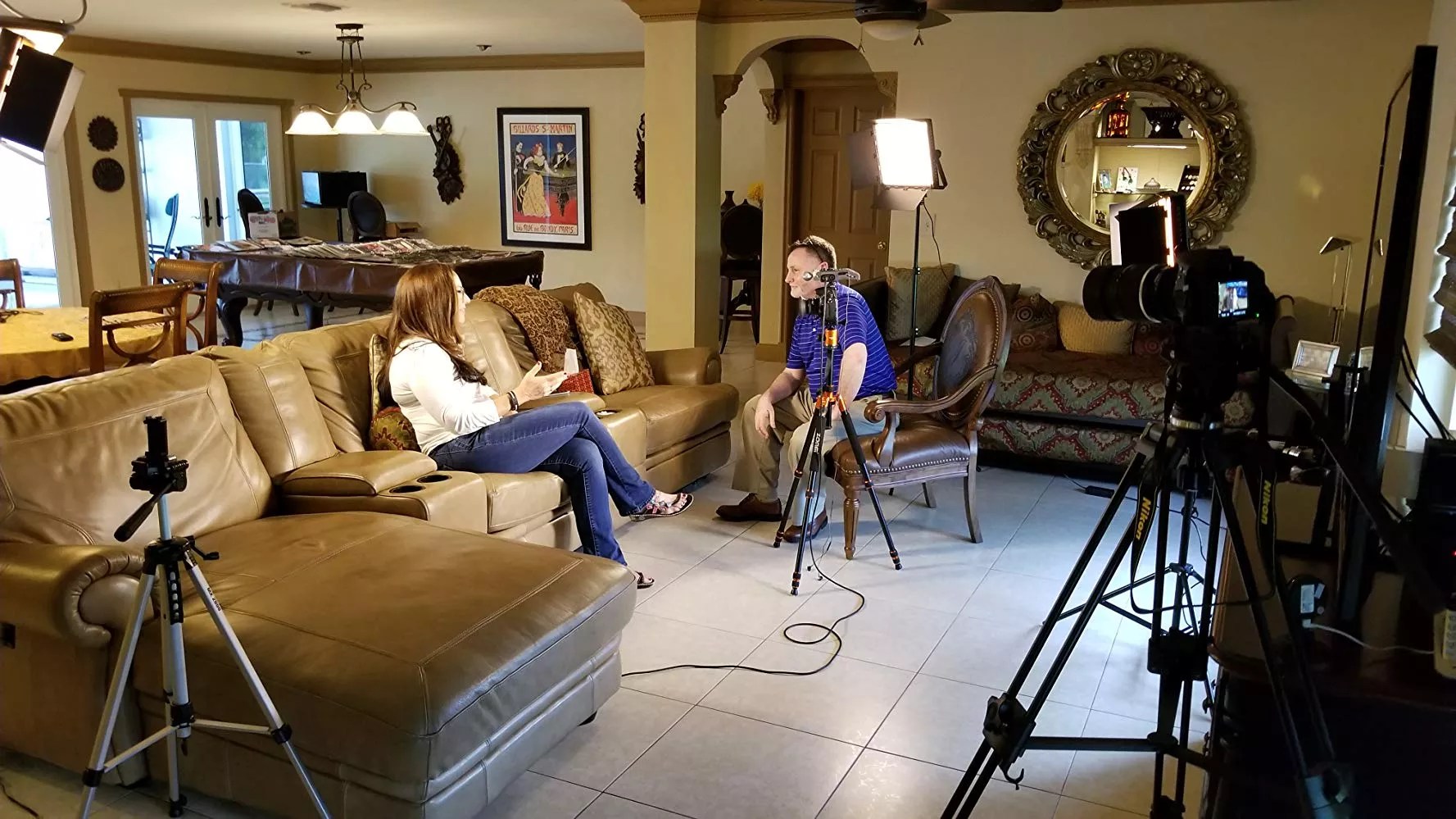
Photo courtesy of Steve Ellmore

Audio By Carbonatix
The fact that the federal government has been lying to the people of the United States for decades about the dangers of cannabis is especially jarring to shellshocked veterans of war who were under the impression they were fighting for truth, justice, and the American way.
And it has led many of them to commit suicide. Rather than treat them with cannabis, which has been proven to relieve symptoms of posttraumatic stress disorder (PTSD) with little to no side effects, the U.S. government would rather treat them with pharmaceuticals, which can exacerbate suicidal tendencies in some patients.
South Florida veteran Janos “John” Lutz was one of those unfortunate victims. The Marine’s story is told in the documentary Unprescribed, which will premiere in Miami during the CannaBus Culture Film Festival September 28.
Lutz was a 24-year-old veteran from Broward County who served tours in Iraq and Afghanistan before returning home with severe PTSD in 2009. When he first came back, he was prescribed 18 medications by Veterans Administration doctors. After he was prescribed Klonopin in June 2010, he attempted suicide a week later.
Will you step up to support New Times this year?
At New Times, we’re small and scrappy — and we make the most of every dollar from our supporters. Right now, we’re $17,000 away from reaching our December 31 goal of $30,000. If you’ve ever learned something new, stayed informed, or felt more connected because of New Times, now’s the time to give back.
One VA doctor took him off the medication and wrote in his chart: “Do not prescribe Mr. Lutz Klonopin because it would be detrimental to his health.” But the doctor never bothered to tell Lutz or his family. In January 2013, after Lutz went cold turkey from his meds the previous summer, another doctor placed him on Klonopin after he told her he was having suicidal urges to the point where he asked his mother to lock up his guns.
He took his own life a little over a week later.
“I so wish that my son would have smoked pot,” his mother, Janine Lutz, says in the movie. “But my son would not do anything that would not be legal.”
A 2014 medical study determined that suicides of males aged 20 to 39 declined in states where medical marijuana had been legalized. And studies showing how cannabis helps treat seizures, spasticity, and pain date to the late 1830s, when an Irish doctor, William O’Shaughnessy, published his research from India, where cannabis has been used for centuries.
Because of those studies, cannabis became available in tincture form at pharmacies throughout the United States from about the 1850s to 1937. That year, it became illegal at the federal level to give the government an excuse to crack down on minorities.
Film director Steve Ellmore, an Air Force veteran who retired after serving 20 years, says he was hired by a pair of veterans to produce a film about a marijuana grow operation they were trying to establish in the Midwest. Ellmore, who has worked in photography since before he joined the military, agreed to the project and began researching the medicinal benefits of cannabis.
“I was skeptical at first,” Ellmore tells New Times by phone. “I didn’t understand as much as I do now about the medical benefits of marijuana.”
When the deal fell through, Ellmore was left with all the footage he recorded and was still intrigued about the medicinal benefits of cannabis and how it could help veterans, including himself. (Ellmore battles anxiety.) But as a federal employee who had top-secret clearance at the Pentagon, he was subjected to random drug tests, preventing him from using cannabis. Instead, he uses Effexor, which has a high rate of dependency.
Asked why he chose to produce the film, Ellmore says, “I decided we’re going to change the world.”
He adds, “There’s a lot of advocacy out there [among veterans], and I think if we collectively get together, we can all speak with one voice, and I’m using my film as that channel.”
The documentary features other veterans who turned to cannabis to treat their PTSD when their pharmaceuticals failed. And the film includes a lengthy interview with Dr. Suzanne Sisley, the only U.S. researcher with FDA approval to research the efficacy of cannabis.
Ellmore says he self-funded the film with about $30,000. He adds that a documentary of this magnitude would normally cost almost twice that amount.
“This was 99 percent a one-man show,” he says. “I was producer, director, videographer, editor, the whole thing. That is why I was able to keep the budget so low.”
Unprescribed. 6:30 p.m. Saturday, September 28, at 168 SE First St., Third Floor, Miami. Tickets cost $10 via ccfilmfest.com.